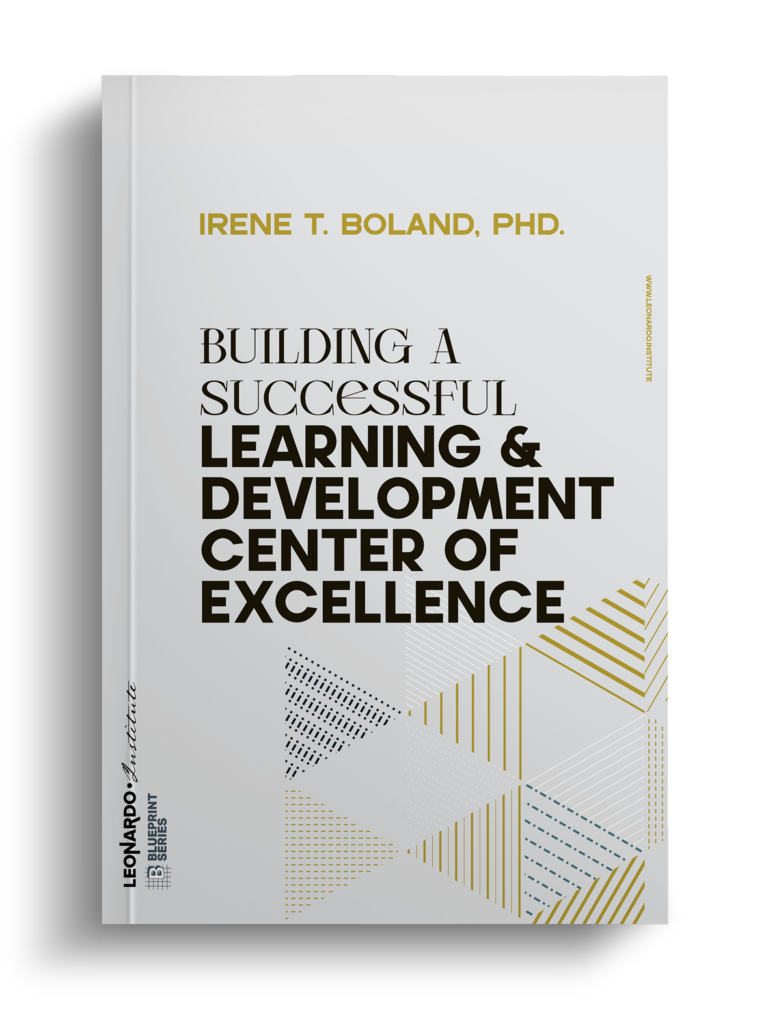As an instructional designer, your role in creating effective learning experiences is pivotal. However, sometimes, subject matter experts (SMEs) may not fully recognize the depth of your expertise in adult learning. Here’s some practical advice on how to demonstrate your value to SMEs, ensuring a collaborative and effective partnership in developing impactful training solutions.
Communicating Your Role and Expertise as an ID
Start by clearly articulating your role and the value you bring to the instructional design process. At a high level, explain the principles of adult learning and how they influence the design and delivery of effective training. Emphasize your skills in translating complex information into learner-friendly formats, incorporating engaging learning activities, and designing assessments that accurately measure learning outcomes. Highlighting these aspects can help SMEs understand the importance of your role in creating successful learning experiences.
Establishing a Collaborative Relationship
Building a strong, collaborative relationship with SMEs is crucial. Invite them to share their expertise while also sharing insights into your instructional design process. Discuss the specific challenges and needs of adult learners, and how your expertise in instructional design addresses these needs. By fostering open communication and mutual respect, you can create a partnership where both instructional design and subject matter expertise are valued.
Demonstrating ID Impact through Case Studies and Feedback
One of the most effective ways to showcase your expertise is through concrete examples. Share case studies or examples of successful training programs you have developed. Highlight how your understanding of adult learning principles contributed to their success. Additionally, sharing feedback from learners who have benefited from your courses can provide tangible evidence of the impact of your instructional design work.
Put it to Work
To put these strategies into action, start by scheduling a meeting with your SME to discuss the upcoming project. Prepare a presentation that outlines your approach to instructional design, backed by research and examples. During the meeting, listen actively to the SME’s input and demonstrate how your expertise complements theirs. Offer to co-create a small module or pilot program, allowing the SME to see firsthand how your skills enhance the learning experience.
The Takeaway
Your expertise in instructional design is a critical component in the creation of effective learning experiences. By effectively communicating your role, establishing a collaborative relationship, and demonstrating the impact of your work, you can help SMEs recognize and appreciate the value you bring to the table. This recognition is key to developing successful, learner-centered training programs that leverage the strengths of both instructional design and subject matter expertise.


